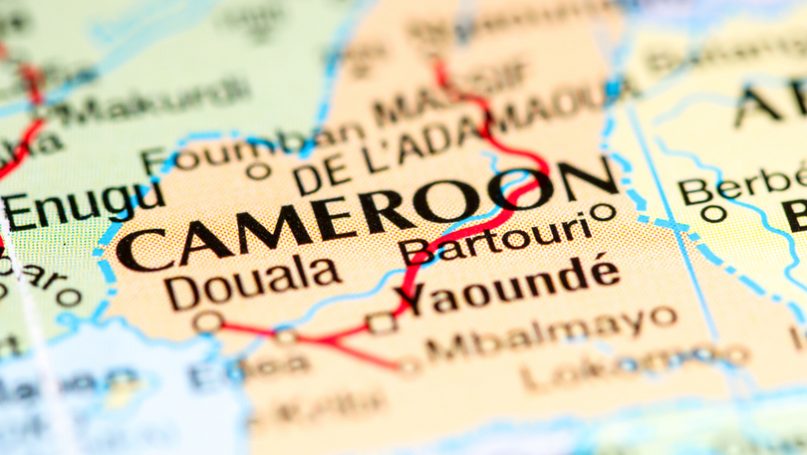
All the legal analysis in the world on global governance and all the sensible, reasoned proposals for its improvement unfortunately cannot overcome the underdevelopment of our sense of humanity. This undermines any real prospect of an international rule of law capable of living up to the ideals of ‘We the Peoples’ and more specifically, the capacity to discharge the responsibility to protect. The powerful fear instinct of our reptilian brain (MacLean, 1990), the oldest part of our brains which is programmed at a subconscious level to fear anything that poses a threat to our survival, is easily triggered through information presented through the media. In the absence of a charismatic leader who can redirect it through igniting hope and a shared vision, the reptilian brain’s fear driver continues as a stronger force than generic altruism or the budding internalisation of humanity as one family. Fear of the ‘other’ permeates domestic leadership and foreign policies, and this results in a system of global governance that is largely only international governance in the sense that collaborative action occurs mostly where it aligns with the perceived best interests of individual nation states.
Nowhere is this more evident than in the United Nations Security Council, the only body with the present power and potential to save the lives of people who, through no fault of their own, lack democratic agency and suffer at the hands of a domestic government that is unwilling or unable to protect its people, or which is actually the perpetrator of harm. Everyone is entitled to a social and international order in which their rights and freedoms can be fully realized and it is the Security Council’s responsibility for the maintenance of international peace and security and to discharge this duty in accordance with the Purposes and Principles of the United Nations. Yet over the decades Security Council deliberations align more with the foreign policy interests of its members and in particular, the permanent five members with a veto power, than with the Purposes and Principles as set out in Articles 1 and 2 of the UN Charter. Of course the difficulty lies in Article 2’s reference to non-intervention in matters which are essentially within the domestic jurisdiction of any state, which I have discussed elsewhere.
Let us take the North-West South-West conflict in Cameroon as an example. The process of decolonisation did not provide the people of the British Cameroons with the choice of independence; instead, the UN plebiscite in 1961 gave them only the choice of joining Nigeria or Cameroon. Those in the Southern Cameroons opted for federal life under Cameroon but its autonomous status was lost in 1972 with a new Constitution providing for a unitary state, resulting in the English speaking, common law system peoples of North-West and South-West Cameroon becoming a minority group in a French speaking, civil law system Cameroon. Following decades of peaceful efforts including a petition to the United Nations in 1995 against this annexation to which there was no Security Council response, coupled with regional marginalization in infrastructure, healthcare, education, it was an influx of French speaking teachers and judges to the region which appears to have been the last straw, leading to the outbreak of civil war in 2017 and an independent state of Ambazonia being declared.
There has been very little movement towards a political solution to the crisis, and as with other civil conflicts such as Syria, the situation is becoming increasingly complex with multiple armed groups, some of which are commanded from abroad. There is no Security Council resolution on Cameroon, and it is highly unlikely given the ties to Cameroon of veto-holding France. Meanwhile it is the people who suffer – the everyday people who wish only to live in a functioning society in which they can raise their families and attend to their livelihoods. Had the opportunity to address the constitutional crisis been taken almost half a decade ago, there may have been no real calls for independence.
So, what is the solution? It is trite to say that the Security Council needs reform, as this would require amendment of the UN Charter and a resolution to that effect can be vetoed by any of the permanent five Security Council members, each of which would only stand to lose as a result. I have for a long time thought that history may need to repeat itself, with the ashes of great war giving rise to the phoenix of the next iteration of global organisation as was seen before it with the League of Nations of 1920 and the Concert of Europe in the 19th Century. Perhaps a pandemic may be able to achieve the same outcome, should a sufficient magnitude of horror be generated as to re-open the urgency of global governance reform. For the time being, the state of affairs will continue and those who propose a change will continue to be confronted by those who point out imperfections as if they are fatal flaws, as though somehow unless a perfect alternative can be found, the current system should continue. Of course, there is no perfect system, there is only a pathway of incremental improvements over a number of centuries. What makes people defend a prevailing system which is deeply flawed? Fear. Fear that power may be exercised in a manner they do not agree with, that freedoms may be lost. The reptilian brain prevails.
Further Reading on E-International Relations
- Conflicts and Crisis in the Cameroon Anglophone Region
- Is the Conflict in Anglophone Cameroon an Ethnonational Conflict?
- Opinion – The Hypocrisy of the UK Government’s Plans for Girl’s Education in the Global South
- The Global South in Times of Crisis: A China–Africa Relations View
- Opinion — Paradiplomacy in Times of Pandemic: The Paths Ahead
- Opinion – Coronavirus and the Need for Global Governance